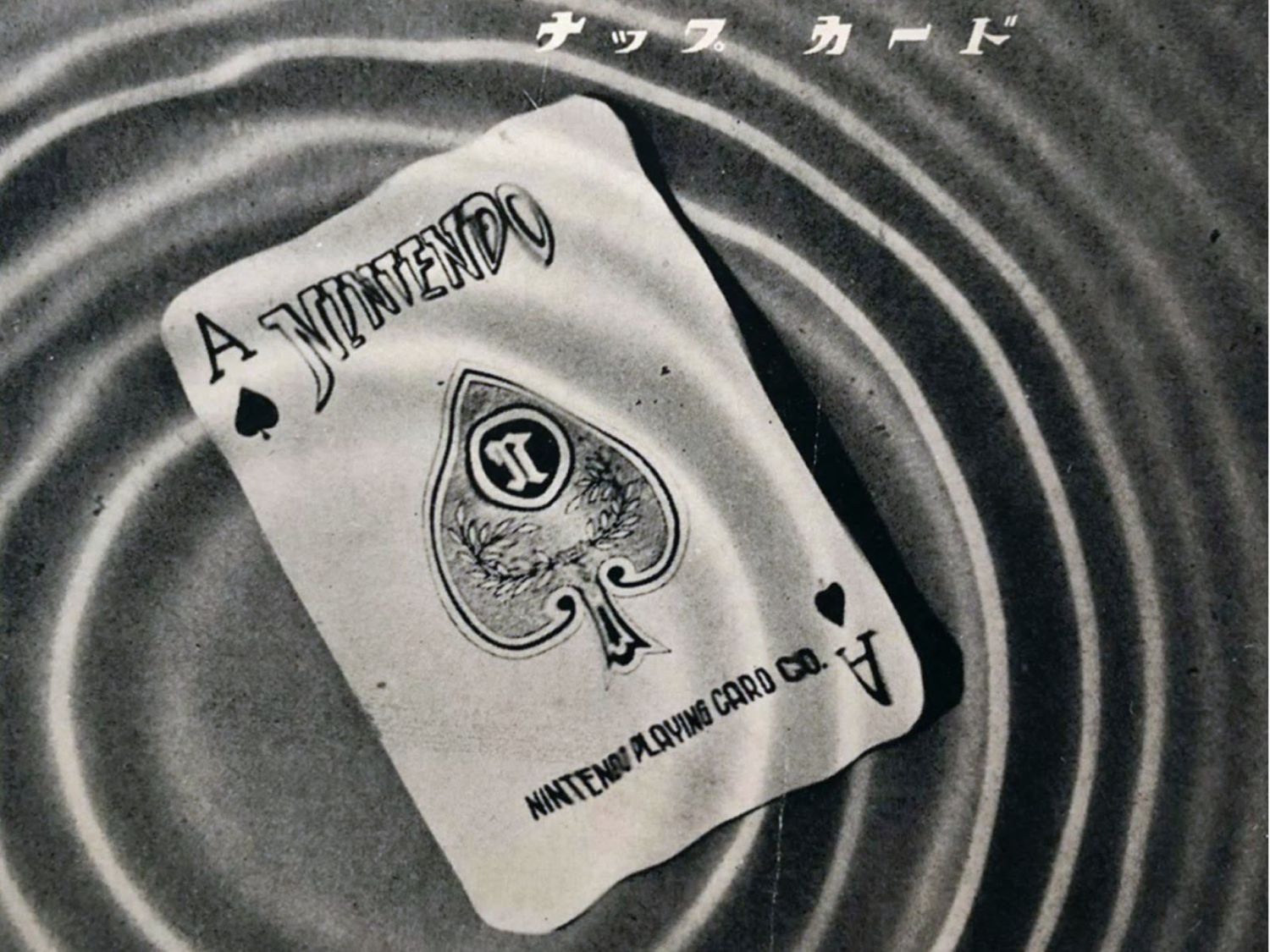
The myth of overnight success.
This animation studio's so-called overnight success required years of long-term investments that have paid off big time.
Studio Ghibli is now successful enough to cap its merchandising profits at nearly $100 million dollars and tell Disney, "no!"
When Studio Ghibli (pronounced "jib - lee") launched their first full-length film to Japanese and international audiences, it was an instant hit. With a budget just shy of $2 million dollars, the movie pulled in over $14 million in Japan and an additional $1.72 million internationally.
Nearly every film they've released since has been a box office hit. In fact, as of 2019 these films are still picking up profits through GKIDS' and Fathom Events' Studio Ghibli Fest.
The company has been so successful, they've capped merchandising profits at 10 billion yen (talk about an anti-growth strategy), and are opening a Disney-style theme park in 2022.
But what seems like an overnight success was a long time in the making.
The myth of the overnight success
The film's director and Studio Ghibli's driving force, Hayao Miyazaki, spent years working in top anime studios to hone his skill as an artist. His directoral debut was actually a total financial flop, though it is well-respected for its art and storytelling.
After this flop, Miyazaki did what any skilled artist would do. He returned to his work.
For the next 12 years, he serialized a manga called Nausicaä of the Valley of the Wind. While still in production, the magazine that published this serialization agreed to sponsor a full-length film adaptation, even though the series had not yet concluded.
And that was the birth of Studio Ghibli.
Persistance and discipline always pays off
The entertainment business is a difficult one to navigate. Many companies compromise on their original principles because they are offered a deal that's too good to refuse. Others fail when revenue dries up.
But Studio Ghibli has endured. It is clear that their commitment to put their products above all else, and a conservative approach to bringing these products to market are a few of the many reasons why.
Even today the company is hesitant to put their movies on streaming services like Netflix for fear of commodifying their films. A recent deal with HBO Max was only made because of HBO's position in the marketplace as a "premium content brand."
Studio Ghibli's 3 rules for success
We can learn a lot from the way this company operates, espeically in contrast to those who are willing to put short-term profits above all else. Here are the three things that make Studio Ghibli such a big success.
1. Always put product first.
The most valuable thing Studio Ghibli has is its films. Every decision they make considers the value proposition to that central collection of products.
When they merchandise, they only work with the best manufacturers. When they release a new film, it has to reach their highest standard. They always put quality above quantity.
2. Hold out for the best possible outcome.
Where most content producers rushed onto the streaming bandwagon, Studio Ghibli held out. Where most studios were leaving theatres in favor of direct-to-consumer releases, Studio Ghibli found a way to continue profiting off the thatrical experience by making re-releases a limited event.
Disney may have seemed like a natural partner for the company's streaming debut, but past experiences left a bad taste in Studio Ghibli's mouth. For many years, Disney had rights to North American distibution but failed to have any real impact on the commercial success of the films and made changes that were not approved by Studio Ghibli.
Waiting for HBO Max preserved Studio Ghibli's goal of avoiding commodification and entering the streaming market with a partner that understood why the company's films appeal to international audiences.
3. Long-term investments are better than short-term gains.
While Disney had little success financially with the films, their debut in North American and international markets garnered lots of attention for Studio Ghibli. The films received much critical acclaim and won many awards.
Because of this, the films are positioned as works of art that will last the test of time.
Similar to Disney's early films, Miyazaki's masterpieces will be watched and rewatched for generations to come.
Follow these rules and endure
Businesses that follow these rules are destined for greatness. Those that put product first, exhibit patience, and invest in the long-term are able to command better deals, attract better partnerships, and endure with both prestige and profits intact.
— Mike Doane
P.S. Don't walk away empty-handed
Above the Fold is a newsletter about the power of marketing. Every week I send stories just like these straight to your inbox.



